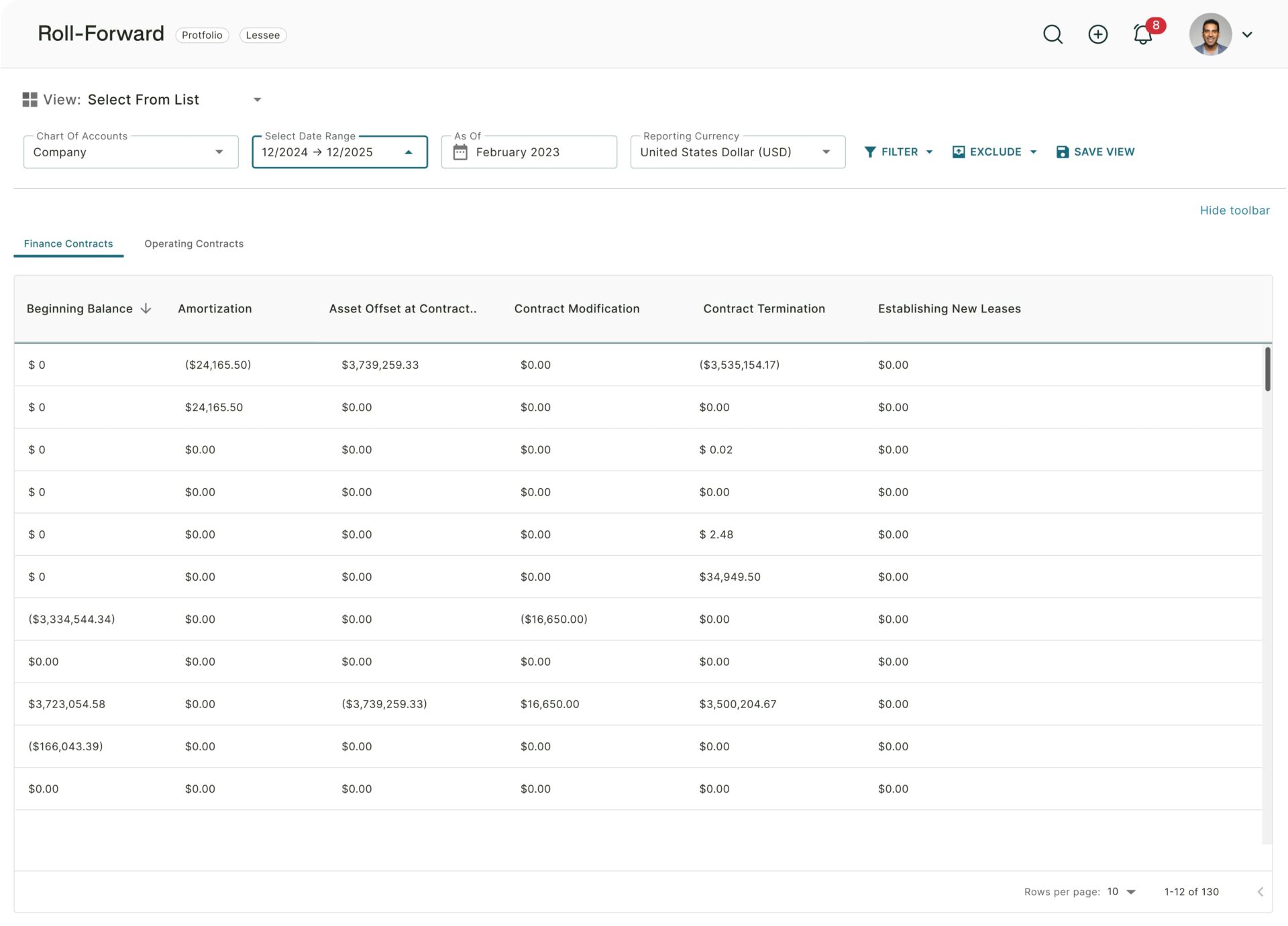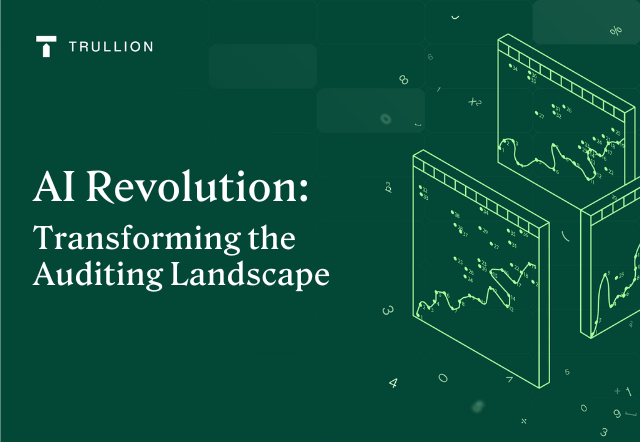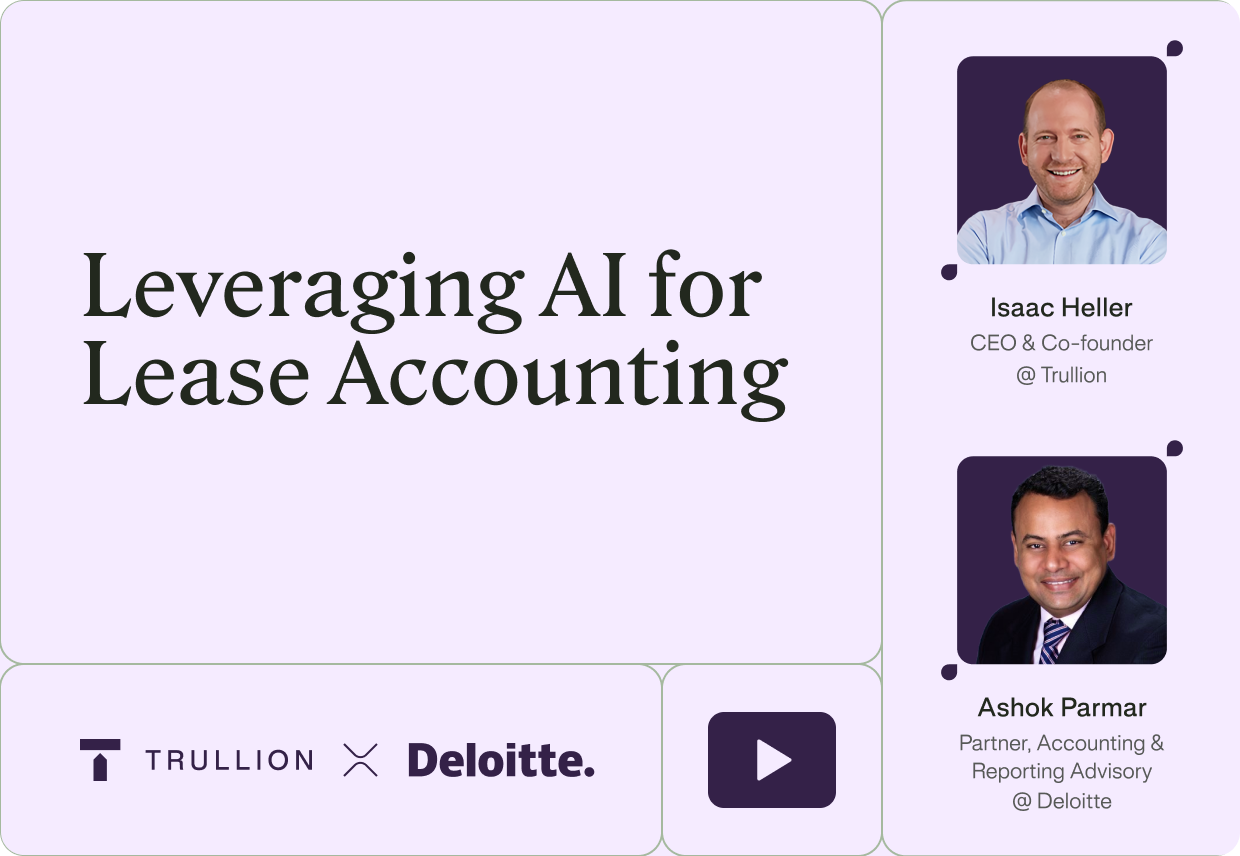Those who have worked in auditing know all about the industry’s pressures, the deadlines, and what’s at stake if an auditor gets something wrong.
While these feelings are ingrained in many who have been through the audit ranks, recent technological advances are changing the way that auditing is performed – for the better.
Artificial intelligence is already impacting the world of auditing. It enables auditors to leverage AI-powered tools and platforms to take care of many of the stressful, time-consuming elements of an engagement while simultaneously dramatically reducing the risks associated with an audit.
We’ll look at the role of artificial intelligence in audit in general, including how it can be used more effectively to better serve all stakeholders.
Understanding the Role of AI in Auditing
The goal of an audit of a company’s financial statements, as set out by the Public Company Accounting Oversight Board or PCAOB, is “The expression of an opinion on the fairness with which they present, in all material respects, financial position, results of operations, and its cash flows in conformity with generally accepted accounting principles.”
To get to this opinion, the auditor will perform a number of activities, from planning and risk assessment to checking internal controls, carrying out tests of detail and substantive analytical procedures, and looking at management representations and subsequent events.
AI can be used to improve almost every aspect of the audit:
- Automation of routine tasks: audit AI can automate repetitive tasks such as data entry, data extraction, and data reconciliation.
- Improved accuracy and efficiency: AI can process and analyze massive amounts of data quickly and accurately, minimizing the risk of human error and enabling auditors to identify patterns and anomalies that may not be easily detectable through manual review.
- Enhanced risk assessment: with AI, sophisticated statistical and machine learning techniques can be used to identify potential risks and anomalies in financial data, alerting auditors to areas that require further investigation or scrutiny.
- Increased speed: AI-powered tools can expedite data processing, analysis, and reporting, enabling auditors to complete audits more efficiently and meet tight deadlines.
- Deeper insights: uncover complex relationships and patterns in financial data, which are often impossible for a human to detect.
- Ensure compliance: automatically scan and analyze financial documents, contracts, and regulatory frameworks to identify any potential violations or discrepancies.
- Enhanced fraud detection: detect unusual patterns, outliers, and anomalies in financial data that may indicate fraudulent activities.
- Identification of patterns and trends: AI algorithms can analyze historical data to identify trends, correlations, and predictive patterns, enabling auditors to make more accurate forecasts and identify potential risks or opportunities.
- Streamlined report generation: generate summaries, key findings, and recommendations based on the audit results, streamlining the report generation and documentation process.
- Cost savings: by shortening the audit process, reducing the reliance on manual labor, and minimizing errors, firms can uncover considerable savings and additional revenue through the efficient use of available time and talent.
AI-powered audit workflows can therefore drive incredible benefits for auditors and their clients. Next, let’s go deeper into how to drive specific benefits from audit AI capabilities.
Enhancing Audit Quality with AI
There are 3 specific areas in which artificial intelligence in auditing can significantly enhance audit quality.
Automated data analysis and anomaly detection
AI can ingest vast amounts of data and run analyses on this data to surface insights and detect anomalies. For example, by using AI, auditors can use complex analytical procedures to explore relationships between financial and non-financial data and find anomalies that should be investigated further. By automating data analysis, there is also a reduced chance of source material being overlooked or a false inference being made.
Advanced pattern recognition and fraud detection
Many patterns in data aren’t visible to the human eye, especially when it comes to large data sets. AI can be used by auditors to look for patterns and relationships, and identify red flags that could be indicative of fraud.
Risk assessment and predictive modeling with AI
One of the greatest risks to an effective audit is misidentifying the risks of material misstatement in a company’s financial statements. AI can take multiple data points into account – for example, company-specific data, industry-specific data, and macroeconomic data – and more accurately predict the risks in a particular case. It can also use predictive modeling to assess how these risks are likely to affect the company.
These advancements contribute to more effective audits, better identification of risks, surfacing of fraud, and, ultimately, higher-quality financial reporting.
Improving Efficiency and Accuracy in Auditing
AI is already known for improving efficiency and accuracy in a wide range of spheres, including accounting and auditing. Specifically, artificial intelligence in auditing can achieve this in the following ways.
Streamlining data extraction and analysis
Using technology such as natural language processing (NLP) and optical character recognition (OCR), leading AI-powered accounting software providers can seamlessly extract data and analyze it for key data points such as amounts and dates.
AI-powered document review and contract analysis
Following the data extraction capabilities of AI, the technology can also be used to review documents, including contracts. This is extremely relevant, especially in light of new standards such as ASC 842 Leases and ASC 606 Revenue from Contracts with Customers (and their IFRS equivalents IFRS 16 and IFRS 15) where the contract is the central document in question. The process works backward, too – journal entries can easily be traced back to the originating contract where the data was extracted from.
Machine learning for decision-making and error reduction
Machine learning can then be harnessed to aid decision-making and reduce errors. For example, machine learning can analyze all lease contracts and assess which ones are most at risk of containing an unrecorded embedded lease.
Ethical Considerations in artificial intelligence in Auditing
AICPA’s Principles of Professional Conduct contain the spirit of ethical considerations when it comes to auditing in general and artificial intelligence in auditing specifically.
Principles include such concepts as “In carrying out their responsibilities as professionals, members should exercise sensitive professional and moral judgments in all their activities” (Article 1, emphasis added).
Ethics is thus intertwined with accounting and auditing, and significant changes within the profession – such as the advances in AI in auditing – mean that these changes have to be examined in the context of any ethical considerations that might be encountered.
Addressing potential biases in AI algorithms
Ethical considerations in artificial intelligence in auditing involve addressing potential biases that can be present in AI algorithms. Auditors need to ensure that the data used to train audit AI models is representative and free from bias. They should carefully select and preprocess data to mitigate biases related to demographics, socioeconomic factors, or historical patterns that could influence the outcomes of the audit.
Ensuring data privacy and security in AI-driven audits
Data privacy and security are critical ethical considerations in AI-driven audits. Auditors must handle sensitive financial and personal data with the utmost care, adhering to privacy regulations and industry standards. Auditors should also be transparent about the data collection and usage processes, obtaining consent when necessary and ensuring that the data is used solely for the intended auditing purposes.
The human-AI collaboration in auditing processes
Auditors should understand the limitations and capabilities of AI tools and exercise professional judgment in interpreting and validating AI-generated insights. It is crucial to have humans involved in critical decision-making processes, particularly in complex or sensitive areas that require contextual understanding, ethical reasoning, and professional skepticism. Clear guidelines and training should be provided to auditors on how to effectively collaborate with AI systems, maintaining accountability and ensuring that human judgment remains central in the auditing process.
Challenges and Limitations of AI in Auditing
While AI in auditing is an incredibly exciting development for the field, there are a number of challenges and limitations that need to be addressed.
Potential technical limitations and risks
AI in auditing faces technical limitations and risks that need to be acknowledged. AI algorithms heavily rely on the quality and accuracy of data, and if the input data is incomplete, biased, or of poor quality, it can lead to erroneous results. Moreover, the interpretability and explainability of AI models can be limited, making it difficult to understand the reasoning behind their decisions.
Adapting to regulatory and compliance requirements
AI implementation in auditing must comply with regulatory and compliance frameworks. The evolving nature of AI technology, coupled with diverse global regulations, presents a challenge for auditors to navigate the legal and ethical landscape. There may be concerns about data privacy, security, and potential conflicts of interest when using AI systems.
Skills and knowledge required for successful AI implementation
The successful adoption of AI tools requires expertise in data analytics, statistics, and machine learning. Auditors must develop a strong understanding of AI concepts, algorithms, and their implications in auditing. Additionally, there is a need for upskilling and reskilling auditors to effectively utilize AI tools, interpret AI-generated insights, and exercise professional judgment.
Future Trends and Opportunities
The future for AI in auditing is bright. Experts are already looking at which trends and opportunities are ahead to further move audits forward, driven by AI.
Emerging technologies shaping the Future of AI in Auditing
Several emerging technologies are poised to shape the future of AI in auditing. These include improvements on already existing technologies such as robotic process automation (RPA), natural language processing (NLP), blockchain, and advanced analytics. It also includes more of a focus on niche AI products that are purpose-built to answer a specific need and thus can provide deeper, more substantial, and therefore more valuable answers.
Potential impact on the auditing profession and job roles
While routine and repetitive tasks may be automated through AI, auditors will need to adapt and focus on higher-value activities such as risk assessment, professional judgment, and interpreting complex audit results. AI will augment auditors’ capabilities, enabling them to make data-driven decisions and identify patterns and risks more effectively.
The role of auditors will evolve to become more strategic, requiring a combination of technical skills, domain expertise, and proficiency in working with AI tools.
This has massive implications for the industry, as AI has the potential to reinvigorate the profession and attract the best talent available.
How Trullion Can Help
Trullion’s AI-powered solution for auditors helps drive efficiency and enhance the quality of audits.
The benefits are game-changing and include:
- Deepen clients’ trust
- Less manual hours required
- Full visibility into the audit trail
- Increase accuracy and reduce risk of error
- Increase employee satisfaction and retention
- Access data in real-time
For example, Trullion is used by MHM – with 34 offices across the U.S. and 211 partners – to save time and drive efficiencies, particularly through its OCR and machine learning capabilities for audit teams.
Artificial intelligence in auditing is transforming the industry for the better
We looked at the role of AI in auditing and how this technology can be used to enhance audit quality and improve efficiency and accuracy. We also delved into the challenges facing AI in auditing, including ethical challenges.
Trends and opportunities were examined, and in this context, we saw Trullion as the natural next step for audit companies wanting to add all the benefits that AI for auditing has to offer.
If you want to see how Trullion’s AI-powered accounting software solution can transform your business, book a time with a product expert for a time that’s convenient.










